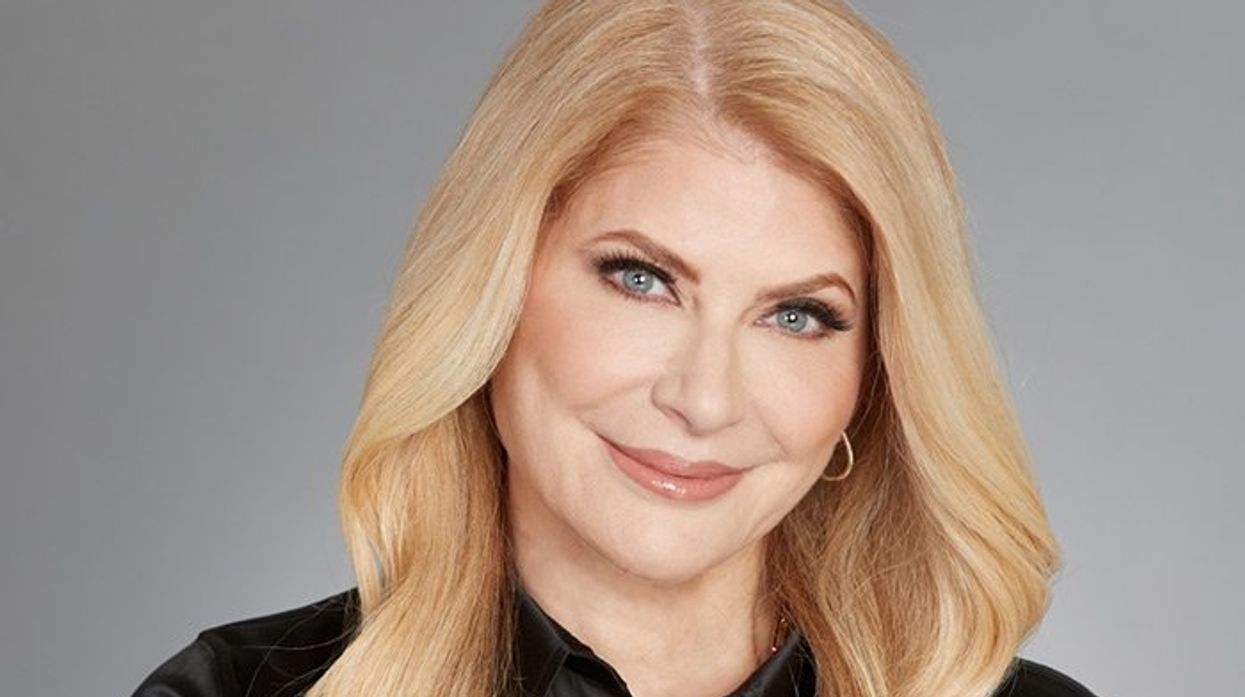It's hard to maintain a healthy mind when current events overwhelm us, or when seasonal depression rears its head every winter. Leading cognitive behavioral therapist Dr. Jennifer Guttman is sharing tips on how to stay positive in the face of overwhelming situations.

Anxiety and depression rates have increased in recent years, especially following the outbreak of the Covid-19 pandemic and the isolation it brought. According to Guttman, the best strategy for dealing with upsetting times is to focus on the positive areas of life, however small they may be.
"A lot of times people are feeling they're very out of control because of all the things that they're hearing that are going on in the world," she tells Sonia Baghdady of Advocate Now. "So, it's really important to try to remember that you have the most control of the things that are going on the closest to you. You can catalog the positive events ... even if it's a small is your child's smile or an activity [that] made you feel good."
Guttman explains that her field of cognitive behavioral therapy "looks at how people have errors in their thinking," and works to rebalance their thoughts to be more realistic and productive. Guttman shares that meditation is a great tool to stay in alignment, as long as you're consistent with it.
"It's like if you have a muscle atrophy and you go to the gym, you're working on building up that muscle," she elaborates. "And if you do it consistently, then you build up that muscle group. If you stop working on it, then it atrophies again. The thing with cognitive behavioral therapy, and working on something like our thinking, is that you build up that muscle and you have to keep at it and working on it. The more regularly you work at it, the better you get at it.
A common misconception is that cognitive behavioral therapy and positive thinking are meant to preserve feelings of happiness, though Guttman says this is impossible. Like all feelings, happiness is temporary, so she encourages patients to focus on what they can do to bring lasting feelings of contentment.
"Happiness is a fleeting feeling. It feels great, but it is fleeting. And so I suggest to people that they strive for a different goal," Guttman says. "They strive for a feeling of satisfaction. And satisfaction is when we are working towards an authentic goal. And if we're working towards an authentic goal, then we can experience a more enduring feeling."
Though healing must come from within, Guttman does not believe it has to be a solo journey. It is important to rely on friends and family to get through difficult periods, as we can also help them when they're struggling.
"Vulnerability begets vulnerability," she says. "The more vulnerable you can be with somebody in your life, the more likely they are to be vulnerable. That that breeds a much stronger social connection."
For more interviews like these, watch Advocate Now on The Advocate Channel.
- School District Sues Social Media Companies for Harming Students' Mental Health ›
- Half of Children Who Go to ER For Mental Health Crisis Do Not Get Follow-Up Care ›



















































